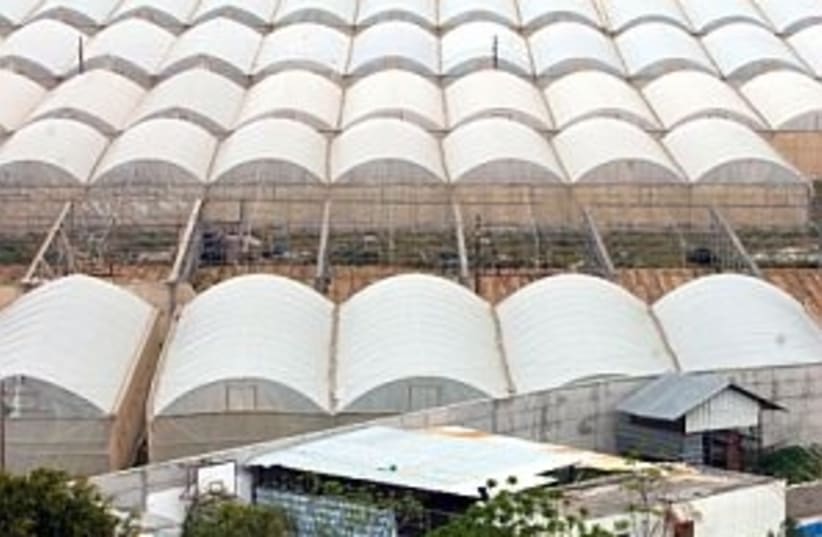| More about: | James Wolfensohn, Israel, Gaza Strip, Salam Fayyad |
Gaza hothouse success hinges on passage accord
Wolfensohn denies reports he would leave in frustration this week if he fails to broker a deal.


| More about: | James Wolfensohn, Israel, Gaza Strip, Salam Fayyad |